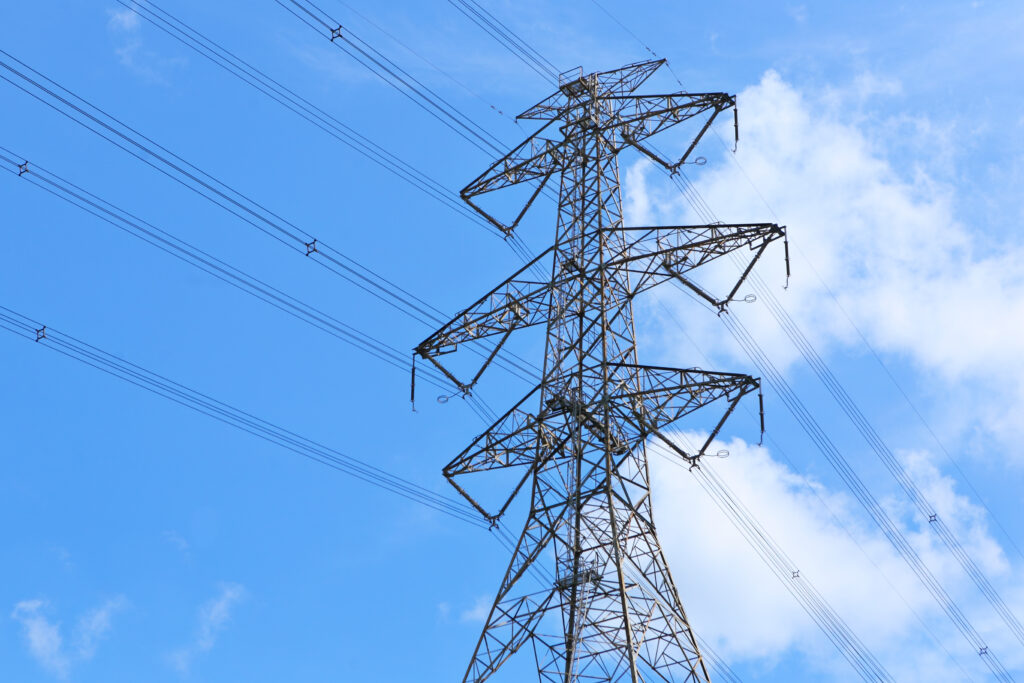In 2021, we have seen Singapore’s electricity prices go up in the Government’s effort to normalise electricity prices that had dropped below the total cost of production and encourage the prudent use of electricity.
According to SP Group, companies can expect to see electricity tariff (excluding GST) increase by an average of 3.2% kWh, from 1 October to 31 December 2021, compared to the previous quarter.
While this is not happy news for any of us to hear, it is a reality we have to face.
The next question would then be, how can firms manage energy consumption and save costs?

Measures that everyone knows but seldom implements
Switching on and off lights and air-conditioner, using more energy star rated equipment, reducing heat loss and monitoring energy use. These are all simple but effective measures that companies can take to protect themselves against the rising electricity costs.
A bulb with a rating of 50 watts and running for an hour will consume 0.05 kWh. Similarly, switching the lights off for an hour will result in energy savings of 0.05 kWh. Adjust the watt ratings and multiply the figure by SP Group’s electricity tariff for the quarter to determine how much you can save through the simple switching off of lights.
Another method SMEs can adopt is educating employees about the importance of energy efficiency, coupled with laying out strong goals, rewarding employees for good performance and monitoring energy usage.
Incorporating smart technology
Earlier this year, SP Group has started deploying smart electricity meters across Singapore households and will continue to do so until all homes have smart meters installed.
Smart meters automatically inform companies of the energy they are consuming and when and where energy is used. Research shows that firms spend less on energy when they monitor their energy consumption. Implementing smart meters allows firms to estimate their monthly electricity bills and take steps to reduce costs.
The cost of installing smart meters comes at little or no cost, depending on whether government initiatives allow it. Even if smart meters have to be paid for, a small investment in the short run could lead to substantial energy savings in the long run as long as firms take proactive measures to cut their electricity costs.
Other than smart meters, enterprises may also look to incorporate solar energy into their business operations. With an average annual solar irradiance of 1,600 kWh/m2, solar energy is currently the most feasible renewable energy for Singapore. Most solar panel retailers offer installation at zero upfront cost and continued maintenance throughout the contract period. Businesses may be hesitant to use solar energy, but solar energy is the best method to cut energy costs. Firms can cut up to 50% energy costs without releasing any harmful gasses.
Choosing a suitable electricity scheme
With the Open Electricity Market (OEM) initiative, there are now multiple energy retailers in Singapore that firms can contract with. However, choosing the one that helps your enterprise save the most is essential.
Firms will have to decide on a price plan that is suitable for their business needs. The price plans include the fixed price plan, peak and off-peak plan and discount off regular tariff plan. Firms will have to monitor and track how and when their electricity is used before deciding on the plan that suits them.
Additionally, companies may consider switching to green energy at lower costs to reduce electricity bills and join sustainability efforts.
Energy efficiency grants
Singapore has rolled out grants in support of the national effort to move toward sustainability.
An example is the Energy Efficient Fund (E2F), an initiative by the National Environment Agency (NEA) to assist companies with industrial facilities enhance energy efficiency. The fund covers various components:
- Resource-efficient design of new facilities or significant expansions
- Energy assessment of existing facilities
- Adoption of energy-efficient technologies
- Adoption of water-cooled chillers using low-GWP refrigerant
- Implementation of an energy management information system
Eligible companies can save up to 50% of qualifying costs and receive support for using energy-saving tools.
Companies can participate in the fund on a first-come, first-serve basis.
Let us be more mindful about how we consume energy to minimise costs and increase efficiency and help our earth!


